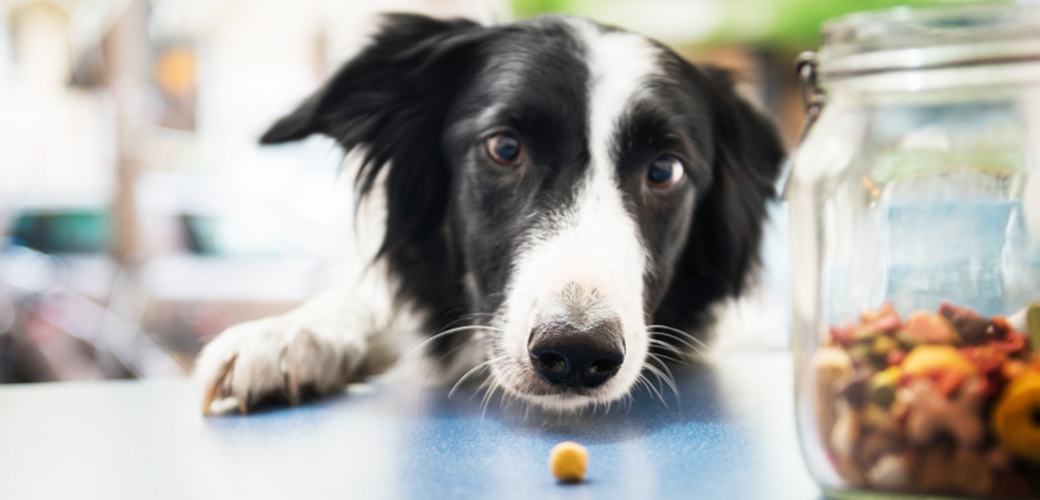As your dog enters their golden years, their dietary needs change. It’s crucial to adapt their nutrition to maintain their health and vitality. In this comprehensive guide, we’ll explore essential tips for feeding your senior dog. Here I will describe senior dog nutrition tips. Lets see details.

Credit: waggedy.com
Understanding the Nutritional Needs of Senior Dogs : Senior dog nutrition tips
Senior dogs have different needs than younger ones. They may be less active and have a slower metabolism. This means they need fewer calories but still require nutrient-rich food.
1. Lower Calorie Intake
Since older dogs are less active, they don’t need as many calories. Too many calories can lead to weight gain, which puts stress on their bodies. Choose a diet that’s lower in calories but still provides all the necessary nutrients.
2. High-quality Protein
Protein is vital for maintaining muscle mass. As dogs age, they can lose muscle, so it’s important to include high-quality protein in their diet. Look for foods with real meat as the first ingredient.
3. Essential Fatty Acids
Fatty acids, like omega-3 and omega-6, are important for healthy skin and coat. They also support brain health. Foods with fish oil or flaxseed can be good sources of these fatty acids.
4. Fiber For Digestive Health
Senior dogs may have more digestive issues. A diet with the right amount of fiber can help. Fiber supports a healthy digestive system and can prevent constipation.
5. Vitamins And Minerals
Vitamins and minerals support overall health. They can boost the immune system and help prevent disease. A balanced diet should provide the right amount of vitamins and minerals.
6. Joint Support
Many senior dogs suffer from joint problems. Foods with glucosamine and chondroitin can support joint health. These supplements can help keep your dog’s joints more comfortable.

Credit: waggedy.com
How to Adjust Your Senior Dog’s Diet
As your dog ages, you’ll need to adjust their diet. This can help prevent obesity and support their changing body.
Consult With A Vet
Always talk to your vet before changing your dog’s diet. They can provide personalized advice based on your dog’s health.
Gradual Transition
When switching to a senior diet, do it gradually. Mix the new food with the old over a week or two. This helps prevent digestive upset.
Monitor Weight And Health
Keep an eye on your dog’s weight and overall health. Adjust their diet as needed to maintain a healthy weight.
Feeding Tips for Senior Dogs
Feeding your senior dog requires some special considerations.
Smaller, More Frequent Meals
Instead of two large meals, consider feeding smaller portions more often. This can help with digestion and energy levels.
Soft Foods For Dental Health
Some senior dogs have dental issues. Soft foods or moistened dry food can make eating easier for them.
Keep Them Hydrated
Make sure your senior dog has access to fresh water at all times. Good hydration is important for their health.
Recommended Foods for Senior Dogs
There are many commercial foods designed for senior dogs. Look for brands that use high-quality ingredients and have a good reputation.
| Food Type | Benefits |
|---|---|
| Dry Food | Easy to store, helps with dental health |
| Wet Food | More palatable, easier to eat, good hydration |
| Raw Diet | May provide natural sources of nutrients |
| Home-cooked | Can be tailored to your dog’s needs |
Supplements for Senior Dogs
Some supplements can benefit senior dogs. Always check with your vet before adding any to your dog’s diet.
- Glucosamine and Chondroitin: For joint health
- Omega-3 Fatty Acids: For skin, coat, and brain
- Probiotics: For a healthy gut
- Antioxidants: To combat aging
Frequently Asked Questions About Senior dog nutrition tips
What Are Senior Dog Dietary Needs?
Senior dogs often require diets lower in calories but rich in protein to maintain muscle mass, and may need more fiber to improve gastrointestinal health.
How Often Should Senior Dogs Eat?
Feeding senior dogs two smaller meals per day can aid in digestion and nutrient absorption while maintaining steady energy levels.
Do Senior Dogs Need Supplements?
Many senior dogs can benefit from supplements such as glucosamine for joint health, omega fatty acids for skin and coat, and probiotics for digestive support.
Is Wet Food Better For Older Dogs?
Wet food can be beneficial for older dogs, especially those with dental issues or reduced sense of smell, as it’s easier to chew and more aromatic.
Conclusion
Feeding your senior dog the right diet is a loving way to care for them. It can help them live a longer, happier life. Remember to consult your vet and adjust their diet as they age. With these tips, your senior dog can enjoy their golden years to the fullest. Thanks for read the post, hope you have got idea about senior dog nutrition tips. You may see also best dog food for skin allergies.
